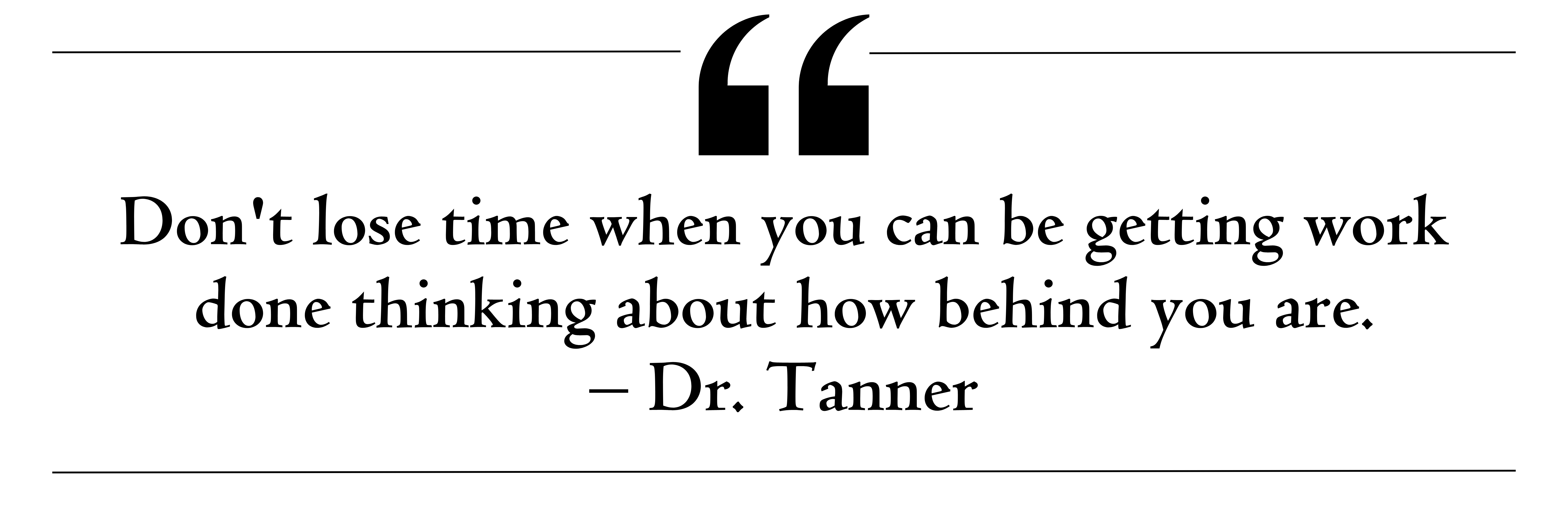
The workload at PHC is no joke, and it is easy to slip into procrastination or to lose track of assignments. For many, college is the first time they are learning to balance life on their own, and they find it overwhelming. We asked a few PHC professors what make students highly productive, and here are their thoughts. You'll find these tips helpful even if you aren't in college yet!
Dr. Matt Roberts, Professor of Philosophy
"I would say time management. They use a calendar to plan how they will use their time. Beyond that, I know that there were plenty of strategies I used in college that helped me and I regularly tell my students about them." Roberts also shared a playlist on YouTube: How to Do Well in College. The videos, published by Jeffrey Kaplan, include tips on taking notes, reading to retain information, and defeating procrastination.
Dr. Doug Favelo, Professor of History and CLA chairman
"One thing I believe most highly productive students have in common is that they have some kind of WRITTEN system to organize their time. This varies, some people schedule every minute with color coordination etc., others just make rough blocks of time. But some kind of system seems indicative of a person thinking at least a little bit systematically about their time, which is a good thing."
Each fall, PHC students have the opportunity to see an example of a written system at a time management lecture with Vice President Howard Schmidt.
Dr. Kristina Tanner, Assistant Professor of Music:
"Use the five minutes: Even short periods of time can be useful for getting things done. Instead of grabbing a phone to scroll social media or watching a YouTube video, spend your valuable time, even if it's five minutes, answering an e-mail, taking notes, reviewing for an upcoming quiz, etc.
"Always carry a book: When you have downtime unexpectedly, even if it's five minutes waiting for an appointment, you have a productive use of time right there with you. Plus, if it's fun reading, it's going to be more enjoyable than your phone anyway.
 "Limit your phone time and your "available" time by setting yourself focused time units. In other words: tell yourself that you're going to work for 30 minutes on a paper, and leave the phone across the room on silent during that time. Don't answer e-mails; don't answer texts; just get work done. Then allot yourself five or ten minutes to check what's going on. In half an hour or an hour, you can deal with whatever calls came in for your time.
"Limit your phone time and your "available" time by setting yourself focused time units. In other words: tell yourself that you're going to work for 30 minutes on a paper, and leave the phone across the room on silent during that time. Don't answer e-mails; don't answer texts; just get work done. Then allot yourself five or ten minutes to check what's going on. In half an hour or an hour, you can deal with whatever calls came in for your time.
"Don't let your to-do list live on top of your head: We can lose an immense amount of time by dwelling on how much we have to do. Instead, focus on doing one thing, then the next thing, then the next—don't lose time when you can be getting work done thinking about how behind you are. Make the list, then leave it across the room with your phone and spend the half hour getting work done on whatever item you pick. The to-do list isn't going anywhere, so don't let it sit on you and weigh you down."
These tips will boost your productivity, no matter what stage of life you're in. But remember: "Whatever you do, work heartily, as for the Lord and not for men, knowing that from the Lord you will receive the inheritance as your reward. You are serving the Lord Christ" (Colossians 3:23-24).
--
Patrick Henry College exists to glorify God by challenging the status quo in higher education, lifting high both faith and reason within a rigorous academic environment; thereby preserving for posterity the ideals behind the "noble experiment in ordered liberty" that is the foundation of America.

.png?width=800&height=400&name=PHC%20(1).png)




